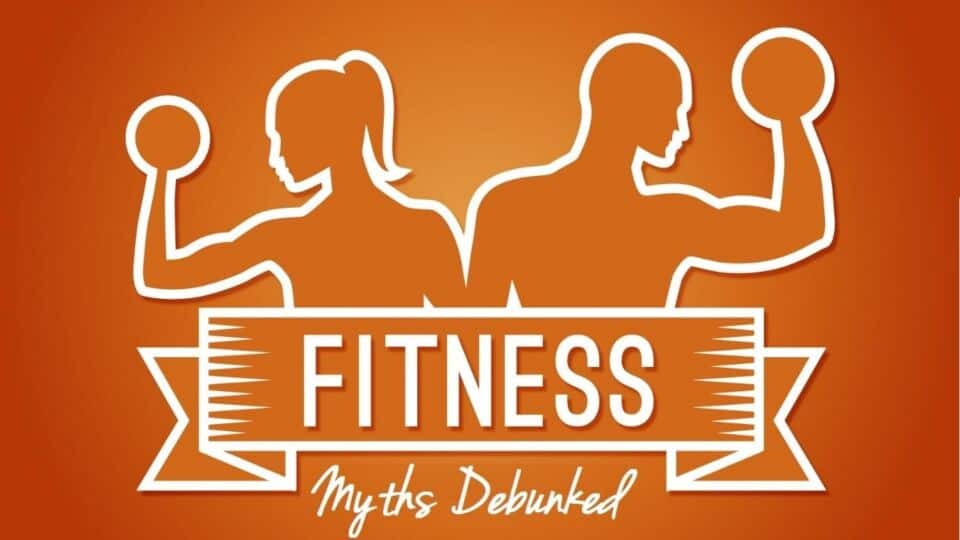Earlier this week, I started reading a book by Joe Ehrmann called InSideOut Coaching: How Sports Can Transform Lives. The book explores the difference between transactional and transformational coaching, and this resonated with me more deeply than I expected. Transactional coaches focus on winning, discipline, and performance, while transformational coaches prioritize building relationships, character, and lifelong lessons through sport.
Later that day, I saw an inspiring Facebook post with a quote from former USA Softball standout Jennie Finch:
“Parents often ask me, ‘Do you think my daughter is good enough to play in college? To get a scholarship?’ Sometimes they’re asking that about 9-year-olds. I want to remind them that playing sports isn’t just about playing in college. Being athletic and active is a lifelong accomplishment. The value isn’t just in the uniform.
Want to know the REAL payoff?
-Being healthy
-Feeling good about yourself
-Gaining confidence
-Learning teamwork
-Learning to deal with failure
Sports can help you no matter what your future holds. Many women who have gone on to successful careers in the corporate world have an athletic background. Girls in sports learn to be leaders, manage their time, develop people skills, and gain lessons that apply to every area of their lives. So if you weren’t motivated already, I hope this encourages you to keep doing what you love, knowing the payoff is in the process, not the arrival.”
I don’t think it was a coincidence that I came across these two messages on the same day. I want to focus on Jennie’s last point: Sports teach leadership, time management, and people skills that extend far beyond the ball field. In today’s sports culture, the drive for immediate success and scholarships often overshadows the true value of athletic development. It’s time we push back and refocus on developing transformational qualities in young athletes.
As a parent of a young, budding athlete, it’s important to emphasize sports as a source of joy, learning, and excitement. Encourage good sportsmanship, teach them to accept constructive criticism, and allow them to fail without fear—there is no better teacher than failure.
From a coach’s perspective, working with young, moldable athletes gives you a powerful role in shaping how they see themselves and their worth. They may not remember what you said, but they will remember how you made them feel. Emphasize community, teamwork, and coping with the emotions of competition in a constructive way. Let’s shift the focus back to what truly matters: building confident, resilient, and compassionate young people through the power of sport.
Here’s to raising and coaching athletes who are not just good at the game—but better because of it.
Yours in inspiration,
Nick, Tom and Hunter






